Top 10 RTE Act Following Schools in Chennai
The Right to Education Act was passed by the Indian government. It was approved by the Indian Parliament, signed into law on August 26, 2009, and became operative on April 1st, 2010. Under the direction of Prime Minister. The RTE Act, which guarantees children in India between the ages of 6 and 14 the right to free and compulsory education, was a major turning point in the country’s educational history. All private unaided schools are required by the Right to Education (RTE) Act to set aside 25% of their seats for students from underprivileged backgrounds. Children from low-income families will have access to high-quality education thanks to this provision. Here is a list of schools and information on how Chennai’s RTE admissions process operates.
RTE Admission Process in Chennai
1.Eligibility Criteria:
The child ought to be a member of an underprivileged group or a weaker segment.
The government has set a benchmark that the family income must fall below.
The child should be in the age range of six to fourteen.
2.Documents Required:
Birth certificate of the child.
Address proof
Income certificate.
Caste certificate (if applicable).
Disability certificate (if applicable).
Proof of disadvantaged group (if applicable).
3.Application Process:
The RTE admission form, which can be obtained from the school or the official RTE webpage of the Tamil Nadu government, must be filled out by parents.
Send in the completed form and the necessary paperwork.
If there are more candidates than seats available, admission is typically done using a lottery system.
4.Important Dates:
Typically, the application process starts in January and lasts until March. The government releases the dates in advance every year.
FAQS
1.What is the Right to Education (RTE) Act?
All children between the ages of six and fourteen must get free and compulsory education, according to the RTE Act, an Indian statute. It mandates that 25% of places in private, independent schools be set aside for students from underprivileged and economically challenged backgrounds.
2.How are the seats allocated under the RTE quota?
A lottery technique is used to distribute seats in cases where the number of applicants exceeds the number of available seats. Typically, this procedure is transparent and run by representatives of the education department.
3.Is there any fee for applying under the RTE quota?
No, there isn’t a cost to submit an application for the RTE quota. For qualifying pupils, this program offers free education.
4.How can I check the status of my RTE application?
By inputting the application number and other necessary information on the official state RTE portal, parents can monitor the status of their RTE application.
5.What are the benefits of RTE for students?
Admitted under RTE, students are entitled to free education, which includes free textbooks, uniforms, and lunchtime meals. They can also attend top-notch private schools.
Top 10 RTE Schools in Chennai
1. D A V Senior Secondary School
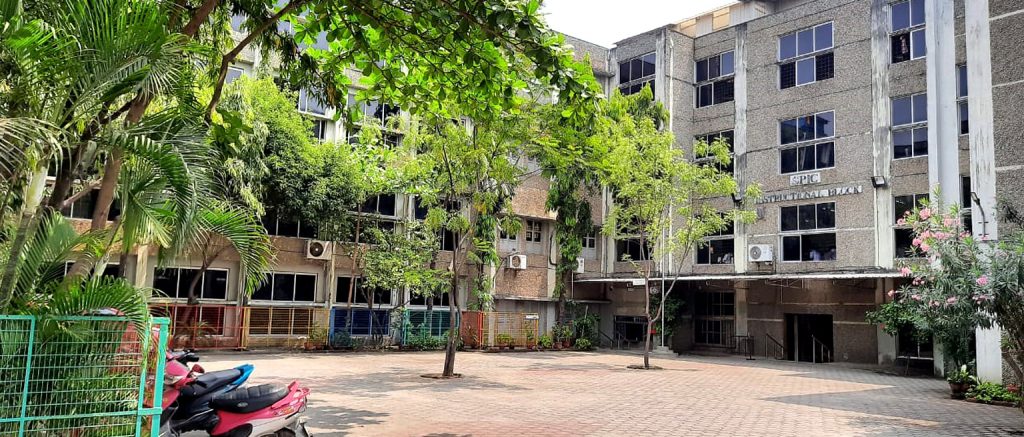
The well-known D.A.V. Senior Secondary School in Chennai is renowned for its all-around educational philosophy and stellar academic record. It adheres to the Arya Samaj’s teachings and is a member of the Dayanand Anglo Vedic (D.A.V.) network of schools, which emphasises a synthesis of contemporary learning and traditional values.
Address: R-45 120 Feet Road, Anna Nagar W Ext Rd, Mogappair, Chennai – 600050
Phone: 044 2624 3818
Hours: 8:15 am–3:05 pm
Rating: 4.3
2. P S Senior Secondary School
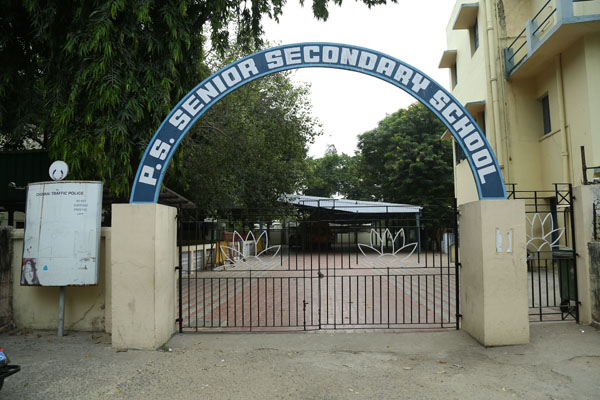
The P.S. Educational Society, which was founded by donors committed to provide high-quality education, launched P.S. Senior Secondary School in 1976. The school has expanded dramatically over time and has a reputation for providing a well-rounded education and excellent academics.
Address: 33, Alamelu Manga Puram Road, Alamelu Manga Puram, Saradapuram, Mylapore, Chennai – 600004
Phone: 04424640656
Hours: 8:15 am–3:05 pm
Rating: 4.2
3. Vidya Mandir Senior Secondary School
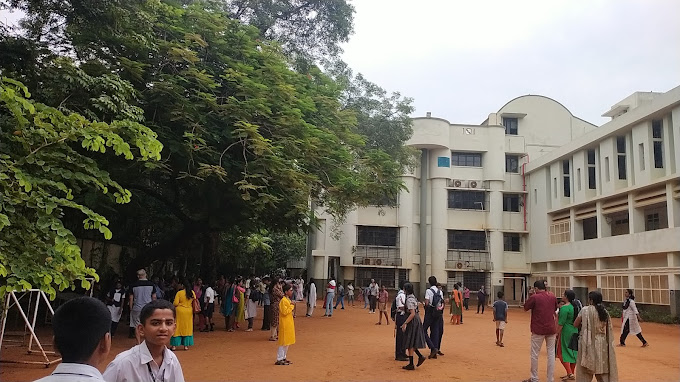
Vidya Mandir Senior Secondary School is one of the city’s most renowned educational establishments. Since its founding in 1956, the school has gained recognition for its rigorous academic program and all-encompassing teaching methodology. It uses the (CBSE) curriculum and is run by the Vidya Mandir Society.
Address: 124, Royapettah High Rd, Vinayagar Kovil, Mylapore, Chennai – 600004
Phone: 04424980834
Hours: 8.00am – 4.00pm
Rating: 4.3
4. Kendriya Vidyalaya Ashok Nagar
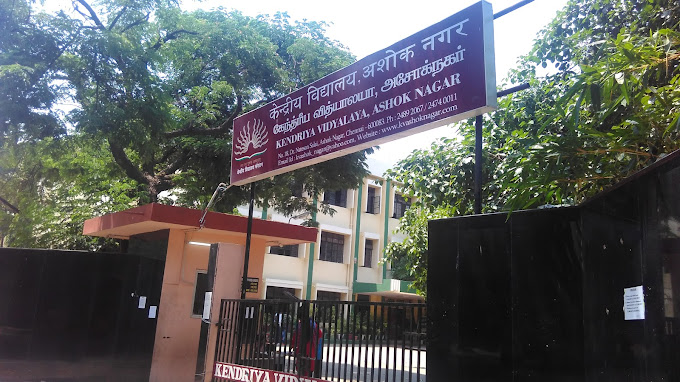
Kendriya Vidyalaya Ashok Nagar is a component of the Kendriya Vidyalaya Sangathan (KVS), an independent organisation under the Indian government’s Ministry of Education. Designed to meet the educational requirements of children of central government officials who are transportable, such as defence and paramilitary personnel, the school offers a consistent level of instruction throughout the nation.
Address: 26P5+QPV, Dr Natesan Salai, Zaffarkhanpet, Ashok Nagar, Chennai, Tamil Nadu 600083
Phone: 044 2981 0112
Hours: 7:30 am–3:30 pm
Rating: 4.2
5. Chettinad Vidyashram
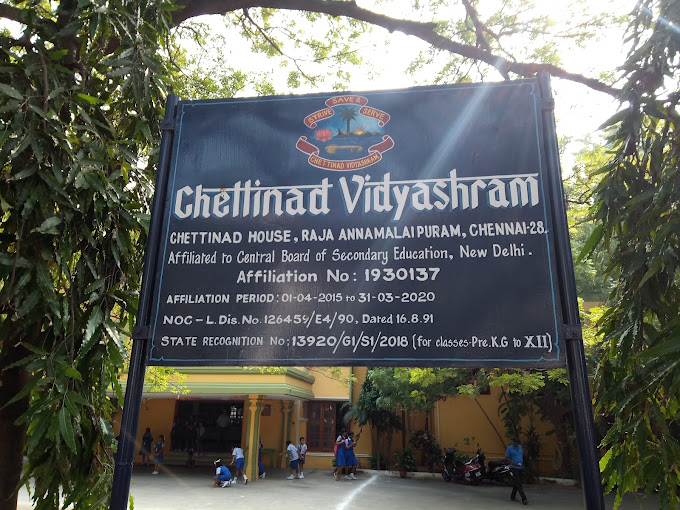
India is home to the well-known educational facility Chettinad Vidyashram. It is renowned for its emphasis on holistic development, extensive co-curricular activities, and high requirements for academic performance.
Address: 2799+3VJ, Thandavarayan St, MRC Nagar, Raja Annamalai Puram, Chennai, Tamil Nadu 600028
Phone: 044 2493 3722
Hours: 8:30 am–5:30 pm
Rating: 4.0
6. Hindu Senior Secondary School, Triplicane
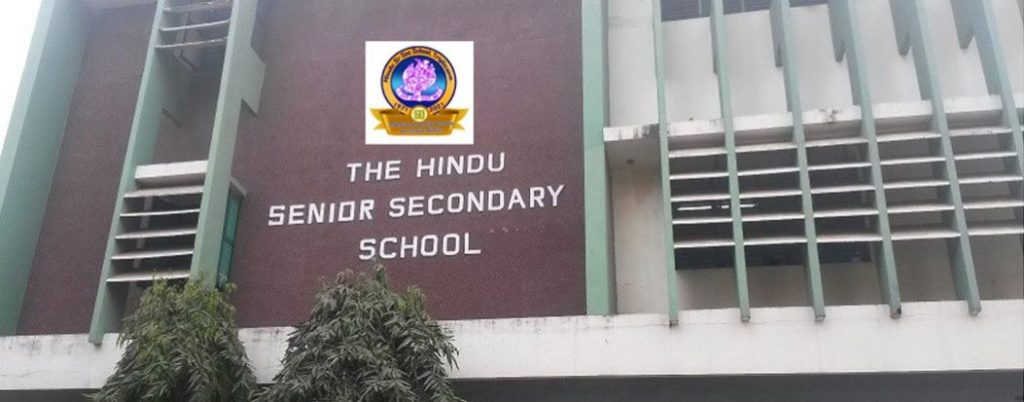
The Hindu Educational Organization founded the Hindu Senior Secondary School in 1978. The school was founded with the goal of providing pupils with a top-notch education while fostering a strong sense of morality and cultural awareness.
Address: 83, Big St, Narayana Krishnaraja Puram, Triplicane, Chennai – 600005
Phone: 044 2844 3312
Hours: 8 am–5 pm
Rating: 4.0
7. Bharatiya Vidya Bhavan's
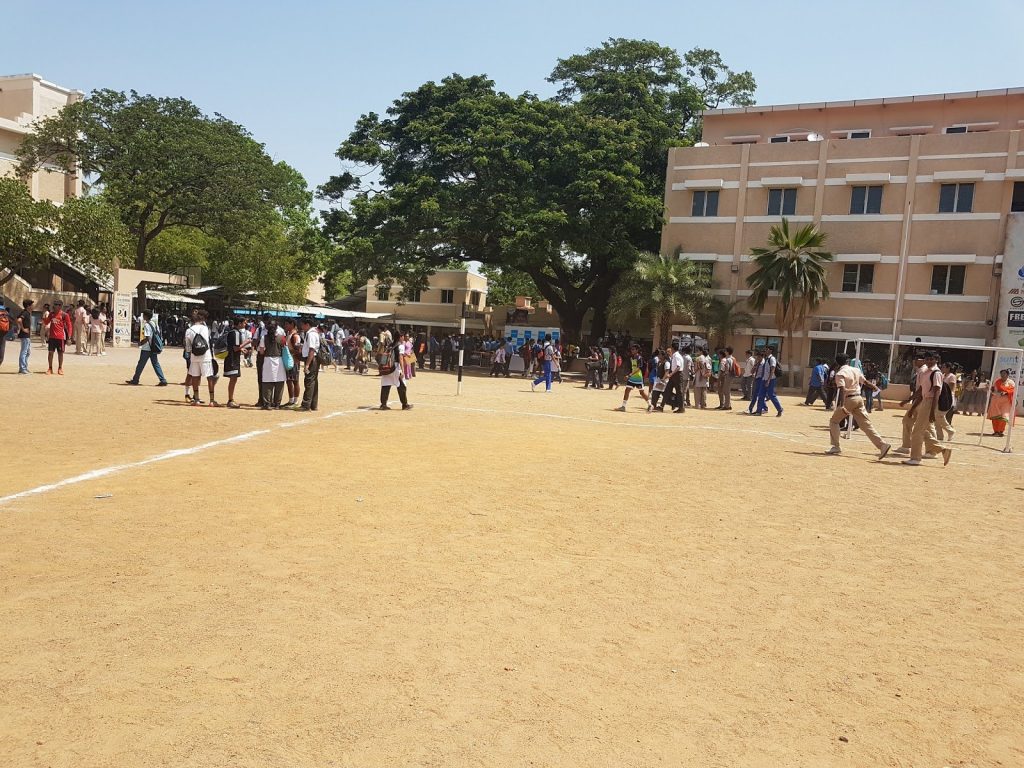
Dr. K.M. Munshi, together with notable figures including Pandit Jawaharlal Nehru, Dr. Rajendra Prasad, Sardar Patel, and Dr. Sarvepalli Radhakrishnan, created Bharatiya Vidya Bhavan in 1938. The school sought to combine the best aspects of traditional Indian traditions with contemporary education, with the goal of serving as a symbol of India’s cultural renaissance.
Address: 36MR+7CG, Kilpauk Garden Road, David Puram, Kilpauk, Chennai, Tamil Nadu 600010
Phone: 044 2464 3420
Hours: 9 am–12 pm, 4–6 pm
Rating: 3.9
8. SBOA School & Junior College
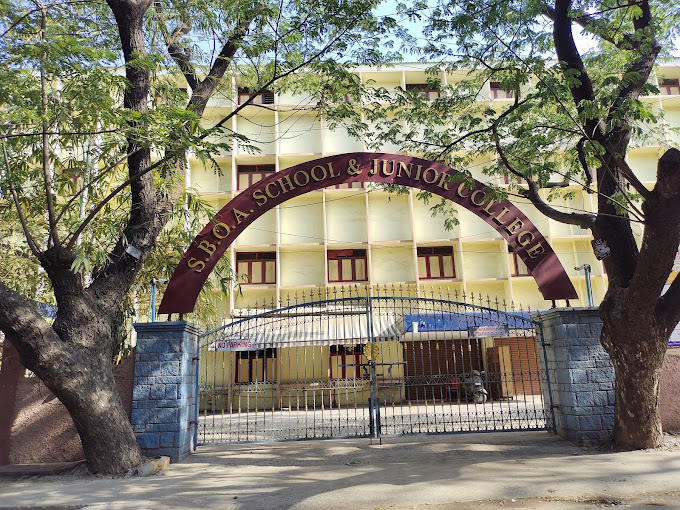
Students from kindergarten to upper secondary are served by the Central Board of Secondary Education (CBSE)-affiliated SBOA School & Junior College. The school is well known for its extensive co-curricular program, demanding academic requirements, and focus on moral principles and character development.
Address: 18, School Rd, D-Sector, Anna Nagar West Extension, Chennai, Tamil Nadu 600101
Phone: 044 2615 1145
Hours: 8 am–5 pm
Rating: 4.3
9. Jawahar Higher Secondary School
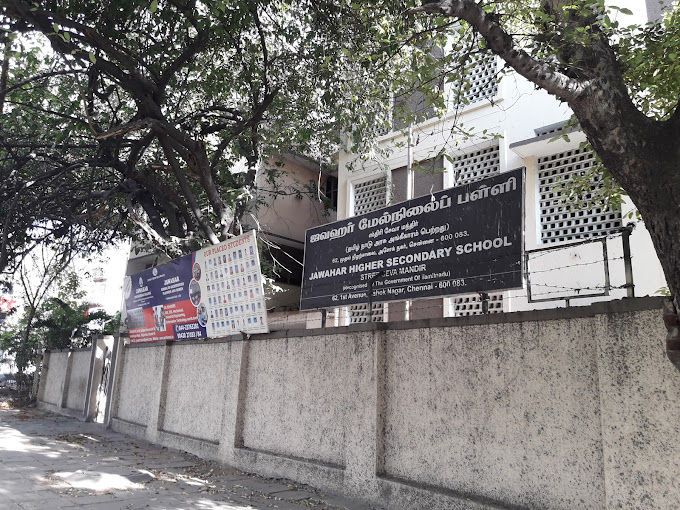
Jawahar Higher Secondary School is well known for its dedication to giving kids a top-notch education. The school was founded with the goal of developing young minds and providing all-encompassing learning experiences. It has a long history of academic success and overall growth.
Address: 71, 4th Ave, Sarvamangala Colony, Krupa Colony, Ashok Nagar, Chennai, Tamil Nadu 600083
Phone: 044 2489 4239
Hours: 8 am–5:30 pm
Rating: 3.6
10. Vidyodaya Schools
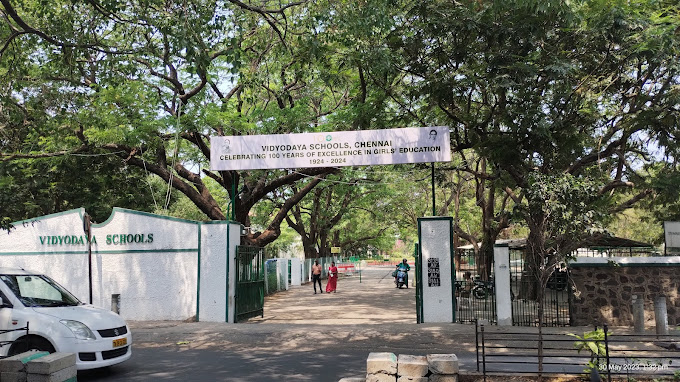
Typically, the schools use a comprehensive curriculum that incorporates extracurricular activities into the classroom. With the goal of equipping pupils for the difficulties of the modern world, they place a strong emphasis on encouraging critical thinking, creativity, and leadership in the classroom.
Address: No.1, Thirumalai Pillai Road, Gangai Karai Puram, T. Nagar, Chennai – 600017
Phone: 044 2834 3722
Hours: 8:30 am–5 pm
Rating: 4.3
Conclusion
Children enrolled in RTE programs not only receive academic instruction but also other benefits like free textbooks, uniforms, and midday meals, which relieve financial strain on families and improve the quality of education. Furthermore, RTE schools frequently place a strong emphasis on holistic development by incorporating extracurricular activities and encouraging students’ creativity, critical thinking, and social skills.




